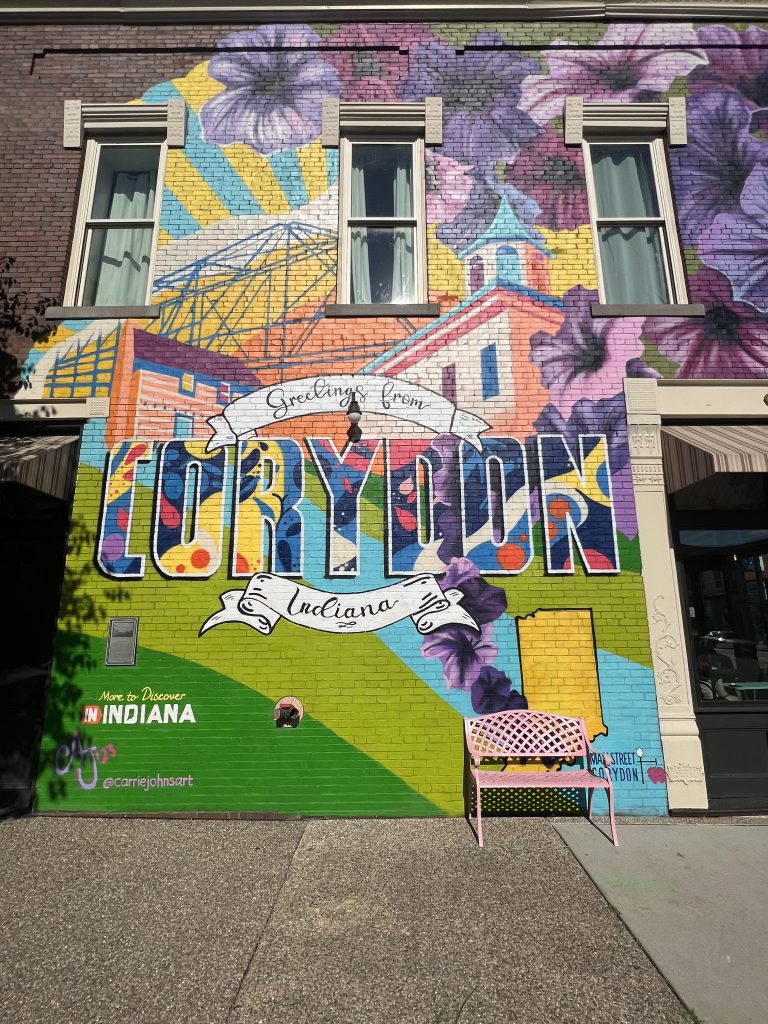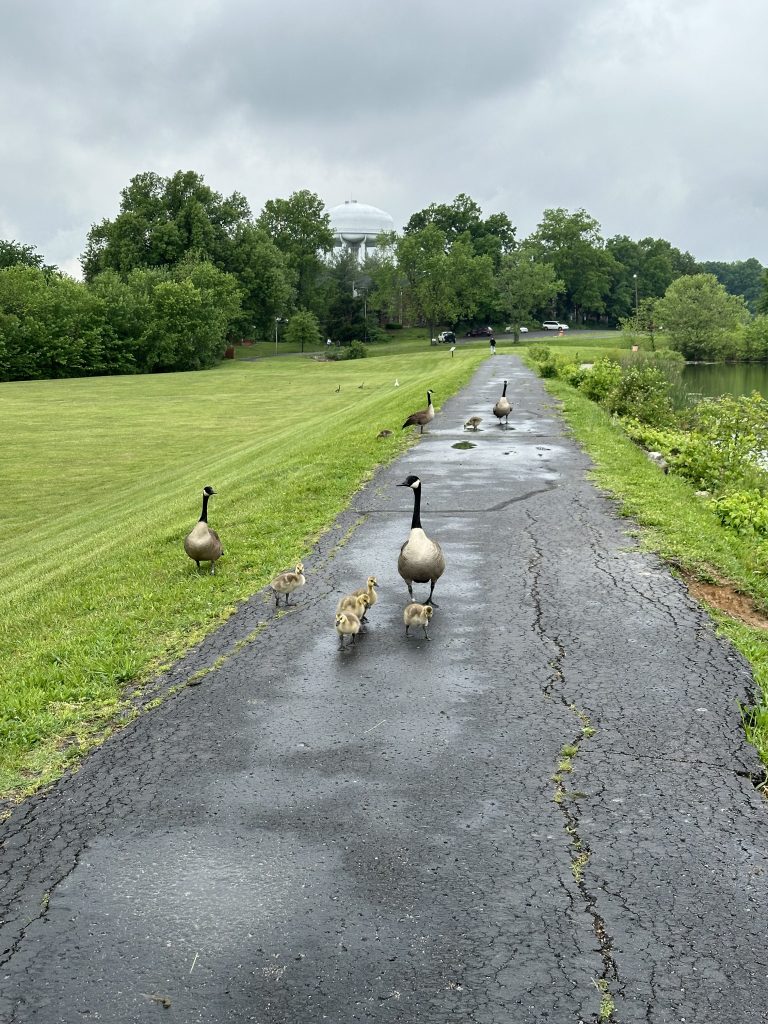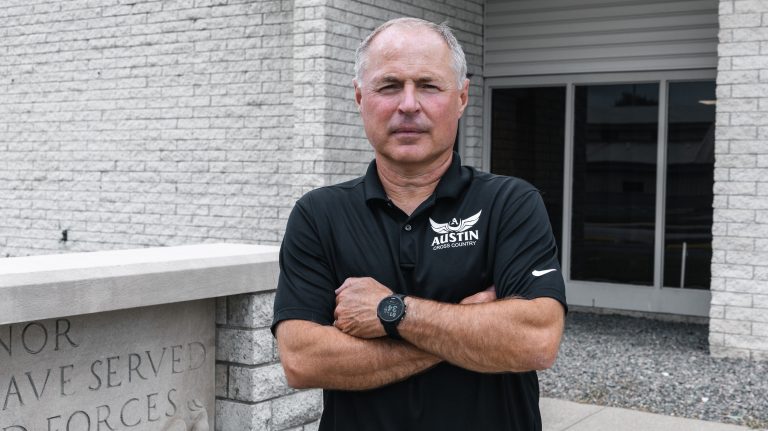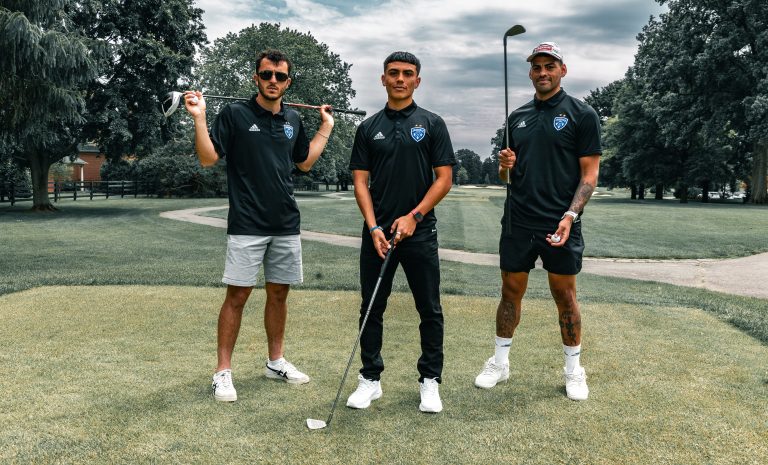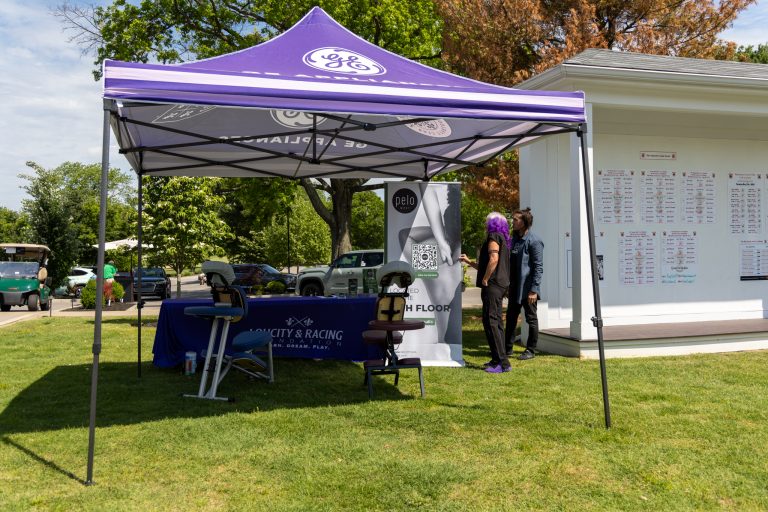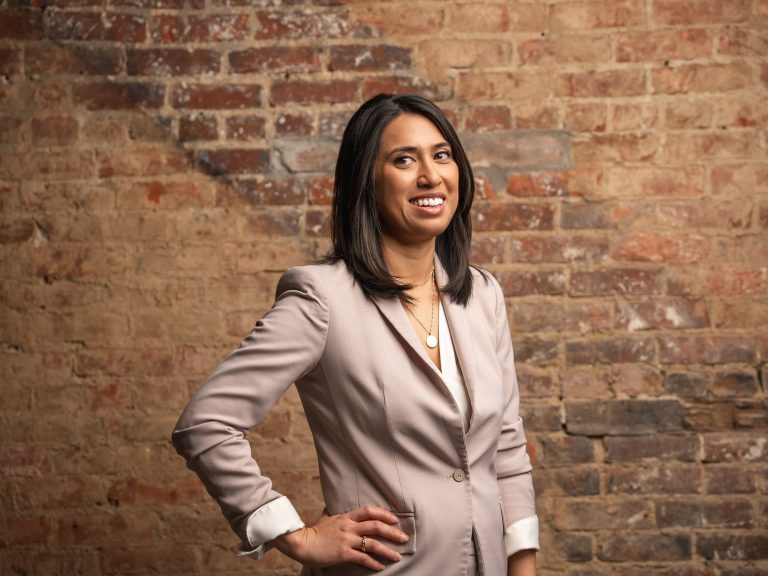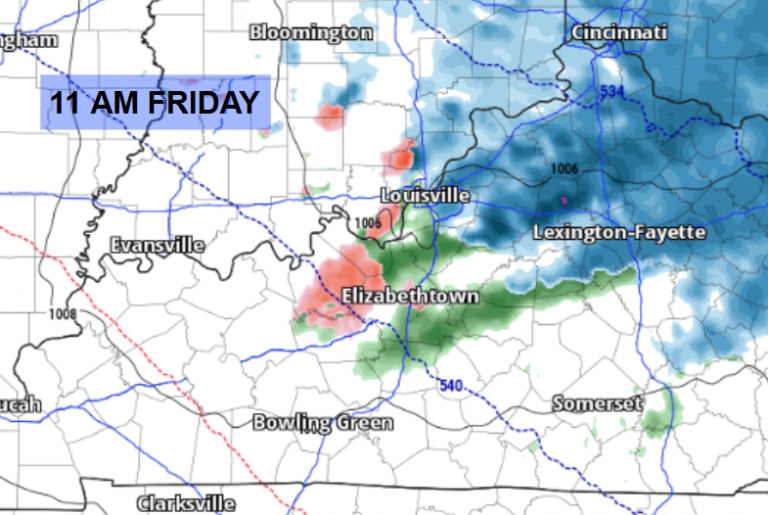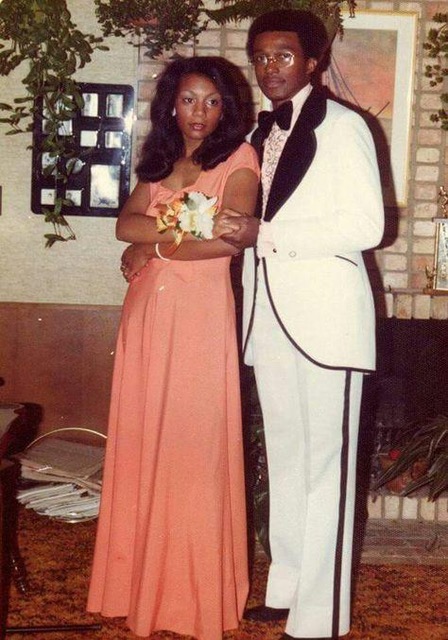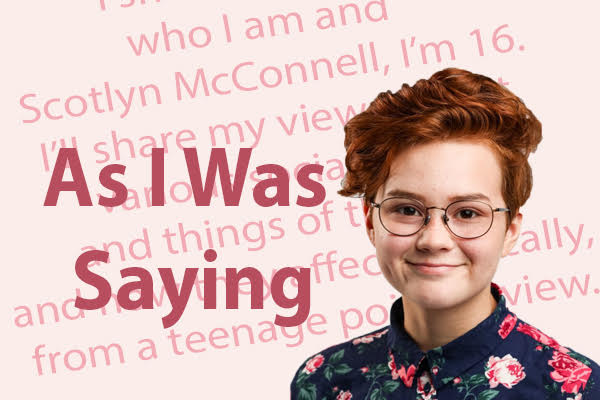
By Scotlyn McConnell
Almost two years ago, there was a video released by Hollaback!, a nonprofit group that aims to stop street harassment. The video is called “10 Hours of Walking in NYC as a Woman” (https://www.youtube.com/watch?v=b1XGPvbWn0A). The title is pretty self descriptive: In the video, there is a woman walking in New York City, and she’s being recorded by a camera that’s hidden in the backpack of the person walking in front of her. The woman silently walks through the city for 10 hours in jeans and a t-shirt and is catcalled more than 100 times (according to Hollaback!).
The video quickly went viral and currently has more than 43 million views. With this many people watching it, there’s bound to be some backlash; however, the amount of backlash was above expectations. Immediately, people claimed that they only put in clips involving men of color, thus creating a racial stereotype. There were innumerable amounts of videos, mostly made by men, who were trying to prove this video wrong. People were even making videos about how they like catcalling. Hollaback! received so much hate, but no one was focusing on the point of the video:
In our culture, catcalling and sexual aggression is normalized, and that needs to be talked about.
This isn’t an issue that only exists in big cities, either. I can’t walk to the gas station down the street from me for emergency snacks without being whistled at or yelled at to smile. The fact that some people say that these are compliments is crazy.
Someone coming over to you and saying, “Hi, I’m sorry, I just wanted to say that I think you’re pretty” is different than someone shouting and blessing your mother on the street. One of these things is really sweet and the other one makes me feel unsafe and disgusted.
Unsafe. That’s a word everyone laughs about when I talk about catcalling. It’s like no one can understand why I would feel threatened. Well, let me explain.
More and more women are being killed and beaten and raped for not responding to catcalls. Andrea Farrington was 20 when she was shot three times in the back when she turned down the date offered to her by the security guard at her work. Raelynn Vincent was 22 when she didn’t respond to a man catcalling her from his car. The man got out of the car and repeatedly punched her in the face, which broke her jaw. These are just two of many cases.
Men who catcall — people who catcall — act as if they have an entitlement to the people they are catcalling. They don’t care who you are, whether you’re 11 or 73, they will shout at you and swear at you and act like you were put on the earth just for them.
Street harassment has never been an innocent thing, but recently it has escalated so much. Women try to make themselves more masculine or cover up more, but no matter what we do, we still are yelled at.
I feel like at it’s core, catcalling brings about a bigger issue. The issue of toxic masculinity in our society and how boys are raised to believe that doing things like this is OK. Toxic masculinity refers to the socially-constructed attitudes that define the masculine gender role as violent, unemotional, sexually aggressive and so forth.
Lots of boys are raised with the idea ingrained in them that they are entitled to women. They see their fathers doing things like this and then believe it’s okay — and it just continues down the line.
There is an issue in our society with how we raise our boys. They are being raised to be angry, they are being taught that femininity is a synonym for weak. Boys who are raised like this will likely never know that it’s okay to be compassionate and loving. These men are built to feel superior.
This is toxic.
Toxic masculinity and street harassment go hand in hand, when we find a solution to one, we will definitely find a solution to the other.





